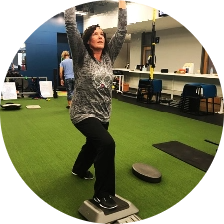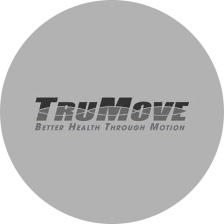Blog
December 27, 2022
New Mom? Don't Neglect Your Pelvic Floor Health: Tips & Support for Postpartum Recovery

Postpartum Pelvic Floor Care to Cure Incontinence
It’s also hard to find time to take care of our bodies without feeling guilty. But if we don’t take care of ourselves, we won’t be able to take care of anyone else. And it’s critically important to take the time now, in these early postpartum days, to start getting your body back on track to avoid bigger problems down the road.
Some urinary leaking and pelvic pain can be expected immediately after delivery. Some doctors may even tell you that at a six-week follow-up that these symptoms are still okay or even expected. But when symptoms persist to the three-month mark or are getting worse, that is not normal. Many women just assume their incontinence or pelvic pain will get better even if they are six months, a year, or several years post-partum, and they do nothing.
If our child were in pain or wetting their pants for days, weeks, or months, we would be on the phone with the doctor. We would not be saying, “it’ll get better eventually”, or “I don’t have time right now”.
As physical therapists, we are always saying to ourselves, “Wouldn’t it have been great if I could have reached this patient before the problems got this bad!” As with most problems in life, the longer they carry on, the more damage occurs, making repair more difficult and often more costly.
After nine months of pregnancy, your body needs your help to get back on track. But it’s at this time that your pelvic floor and postural muscles are at further risk because you now spend a lot of time in a forward, bent position: feeding or nursing the baby, lifting the baby from the crib, changing the baby, lifting the laundry basket–the list goes on and on. Some women even have a change in their walking pattern because of compensations that have occurred during pregnancy. And they develop bad physical habits, creating abnormal stresses in the hips and back to compensate for painful movement.
But there is hope for combating this pelvic floor spiral. Proper exercises for the hips, legs, and torso can reverse all of the normal, but adverse changes from pregnancy. It’s easier than you might think, and you’re not alone.
For support, great information, and a little fun, attend one of our FREE pelvic floor workshops. Get more info or register here: https://www.TruMoveKC.com/pelvic-floor-workshop
Or try a Pelvic Floor Workout:



 Overland Park
Overland Park









